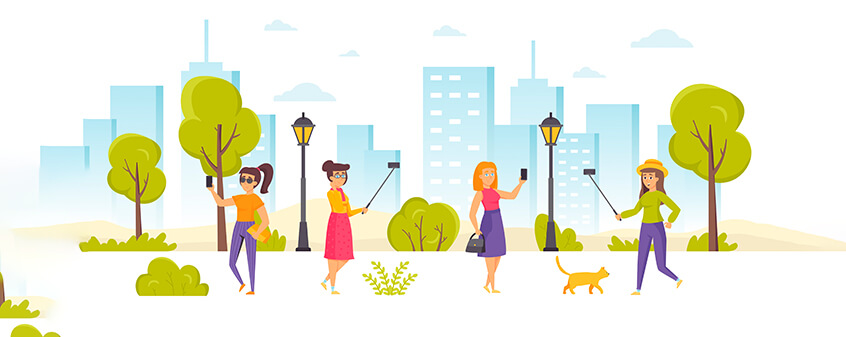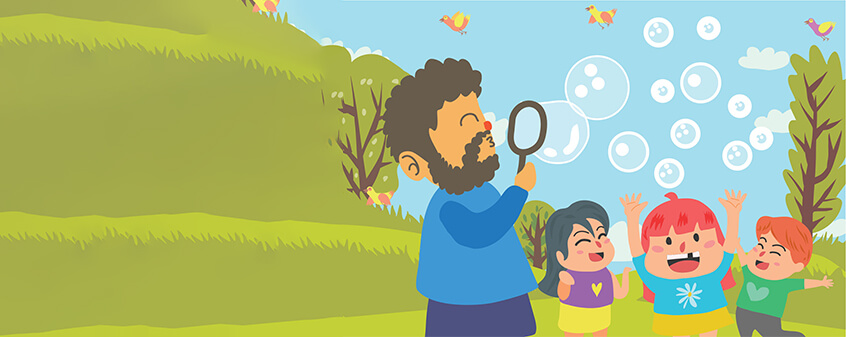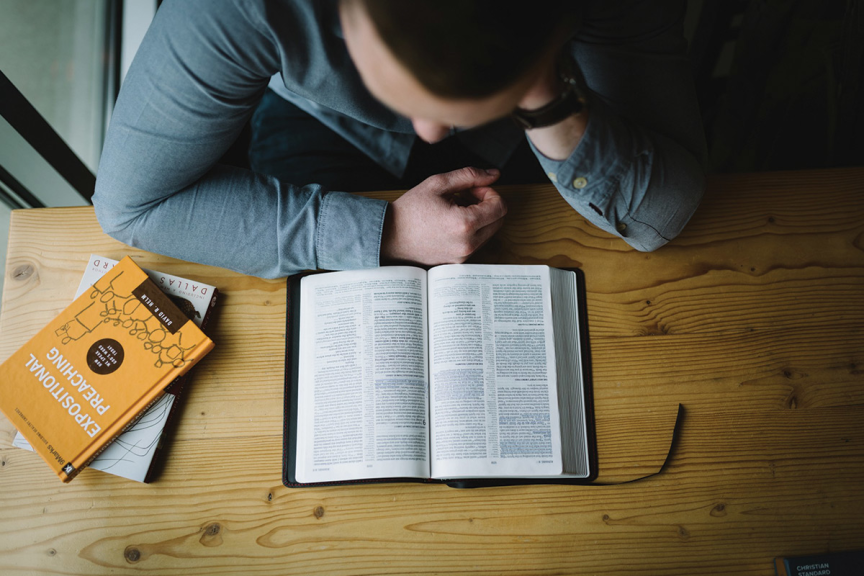It was fifteen past midnight. Yet I was tossing sleeplessly by my baby's side. Then, began to remember Vibuthi, the little girl who was included in a mainstream Delhi public school and who within two years has blossomed well.
In her I was able to see the girl I was at age eleven. What was the similarity between us... it was our willpower against those who told us that it was difficult, even impossible, to do the things we wanted to do... it was the ability to look for an alternative path. It then dawned on me that my restlessness owed to an ongoing debate in the media on inclusion of disabled children. Ever since the government announced a policy of inclusive education for all (that dreams of including disabled children into mainstream education) via Sarva Shiksha Abhiyan, the implementation and deliberations have begun. Unfortunately, the entire focus has been on the `not-prepared-for-it' syndrome.
If inclusive education was so impossible, how does one explain the number of persons who are products of inclusive education, including me, that exist in India? It simply shows that inclusion is merely a new vocabulary added to the existing system that we have been able to swim through.
I vividly remember that throughout my school life I had never come across a special educator or a resource teacher or even introduced to Braille. I realised for the first time that I had a disability when asked to take political science/history in class XI, despite getting 83 per cent in matriculation exams. One had wanted the Math, Physics, Chemistry and Biology stream that was considered the best then. I sought and got admission in the town's best school for the stream I wanted. How?
Simply because the class XI teacher believed I could do well despite my low vision. She dared to tread the less trodden path. She also believed in her ability to take along the eight other teachers who would be handling classes for us. I was in that school for two years. The principal confessed on the last day of school that he had never realised that my vision impairment was so severe, as he did not face a single problem because of me. Why?
Simply because my nine teachers believed that it was not an issue to have a visually impaired girl in their class (co-ed), and also because they had a practical outlook.
Second, at no point did I ask for favours because of my vision problem. Advocacy was not a popular strategy then. Neither my teacher, nor I, knew of the existing policy granting extra time for disabled persons to complete an examination. However, I was given 15 minutes extra whenever needed. I scored 80 per cent.
It all happened because the teachers were spontaneous human beings dealing with a fellow human being from their heart.
It was at college, when I chose rehabilitation science as my career, that I fumbled upon the fact that according to the legal definition of visual impairment, I was supposed to be a blind person. I never would have imagined myself being blind.
Even today, despite many rules and policies, the system at large behaves as if it is most unlikely that a disabled person may take an exam. They are usually unprepared to provide a writer or a reader. They believe that it would happen to somebody else and some other examination centre. After the initial chaos, there always emerge one or two spontaneous people who ensure that the best outcome is obtained despite the oversight, or lack of preparation.
It is noteworthy that inclusion has been practised least in the metros but best in smaller districts where special residential schools do not exist. In Tamil Nadu, for example, inclusion is best practised in districts such as Madurai, Coimbatore, Tiruchi, and least in Chennai. During my school days, the nearest special school was at least 350 km away. So the three different schools that handled me had put their best foot forward, experimented and, when principals asked the teachers concerned, "Could you manage this child?" they had said: `Yes'.
Because of pre-existing special residential schools concentrated in the metros, parents find it easiest to take the secure path of special schools rather than tread a difficult, uncertain path of inclusion. Delhi is the capital city where all policies are formed for persons with disabilities. However, on moving to Delhi from Tamil Nadu, one was surprised to find that what Tamil Nadu had been in 1978, Delhi was in 2001, in terms of facilities for persons with disabilities.
A few suggestions to help improve the current scenario:
* if teachers are adequately equipped, inclusion would become a naturalistic process. No principal would then dare to refuse admission to a disabled child.
* think from a grassroots level: what do the masses need?
* the disabled child should be prepared emotionally and physically with skills that could be useful in an inclusive environment.
* a disabled person should be taught not to use disability as a certificate to obtain favours or special exemptions, especially when he or she has been provided an inclusive environment. Strive hard; your teacher will complement you.
* parent's empowerment is intrinsic for successful inclusion.
* for persons with disabilities, the self-motivation mantra should be, `be prepared to work harder than your peers. "I had to run twice harder than my white counterparts to win the race," said E.R. Braithwaite.
* policymakers should consult people who have successfully implemented inclusion instead of focusing on people who doubt it.
* reach out to the teachers' goodness. There are hundreds who have taken up the responsibility of educating children with disabilities even without any formal training. By incorporating relevant experiences and pedagogy in the B.Ed or M.Ed courses, we will have an enlightened generation of teaching force in the country. For existing teachers, a refresher training programme will help greatly.
There will soon be a day when the whole of India will stand united as a role model to the rest of the world as pioneers in inclusive education!








